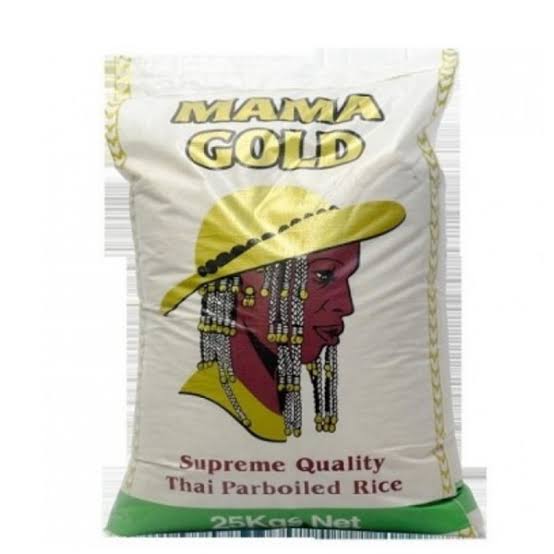XUnderstanding the Price of Rice in Nigeria: What You Need to Know
Rice is a staple food in Nigeria, integral to the diets of millions across the country. Whether you are a household buyer, a restaurant owner, or a vendor in the rice market, understanding the current price of one bag of rice dynamics is crucial for making informed purchasing decisions.
In this article “how much is one bag of rice in Nigeria”, we will explore how much a bag of rice costs in Nigeria today, the factors that influence its price, and where to buy it at the best rates. This price is current as for March 2025.
Current Pricing of Rice in Nigeria
As of April 6, 2025, the price of a 50kg bag of rice in Nigeria typically ranges from ₦70,000 to ₦90,000 per bag. Prices fluctuate based on various factors such as location, seasonality, and market demand.
For instance, in urban areas like Lagos and Abuja, the prices may be slightly higher due to transportation costs. In contrast, in rural areas with direct access to rice farms, the costs may be lower.
Choosing the Right Type of Rice
Nigerians have access to several types of rice, including local brands and imported varieties. Local rice tends to be cheaper, and its price has been a popular query among buyers. Imported rice, on the other hand, can be more expensive due to tariffs and shipping costs.
Popular brands in Nigeria include Mama Gold, My Food, Aroso etc, which are often favored for their flavor and texture. Understanding the differences in pricing among these options can help you make better choices.
Factors Influencing Rice Prices
1. Seasonality: During harvest seasons, the price of rice tends to drop due to increased supply. Conversely, after harvest, prices may rise as supply dwindles.
2. Inflation: Nigeria’s economy has seen significant inflation which impacts the prices of staple goods, including the price of rice.
3. Exchange Rates: For imported rice, the exchange rate of the Naira against other currencies can affect pricing.
4. Transportation Costs: The cost of transporting rice from rural farms to urban markets significantly influences the retail price.
Where to Buy a Bag of Rice in Nigeria
When shopping for rice, you have multiple options, including local markets, supermarkets, and online platforms. Here are a few recommendations:
– Local Markets: Buying directly from local markets often results in better deals and fresher products.
– Supermarkets: These stores offer a variety of rice brands but may come with higher prices due to branding and operational costs.
– Online Stores: Many platforms now offer the convenience of ordering rice online. Here, buyers can compare prices across different sellers to find the best deals.
Tips for Buyers to get the best price for rice:
– Compare Prices: Visit various platforms and local stores to compare prices.
– **Negotiate**: In local markets, don’t hesitate to negotiate prices.
– **Buy in Bulk**: Purchasing larger quantities can lead to discounts.
– **Stay Informed**: Keep an eye on market trends and seasonal changes that impact prices.
Conclusion
Understanding how much a bag of rice costs in Nigeria is vital for making smart purchasing decisions.
By being aware of the factors affecting prices, knowing where to buy, and following the tips outlined in this article, you can enhance your purchasing power and ensure you get the best value for your money.







